Doctors weigh in on patients’ concerns during the Covid-19 pandemic and why health and wellness should stay at the top of their to-do list.
Preventative care is vital in health promotion and paramount in the early detection of disease. With the onset of quarantine due to the Covid-19 pandemic, many people began postponing or cancelling well visits and health screenings. When business began opening again, doctors began taking well visit appointments, but many patients have continued to delay exams. Doctors say while there are many things that can be put off in the name of staying safe during this challenging time, prevention and screenings should not be among them.
“It is important to make time for one’s health, especially during these times,” says Kay Lovig, MD, an endocrinologist at White Plains Hospital Physician Associates. “As we get older and have more on our plate, it is easy to put ourselves on the back burner. Having a scheduled time of the year that you routinely check in with your doctors is important. I, myself, try to do so either at the new year or around my birth- day as a reminder.”
Right Doctor, Right Time
Health screening and testing vary tremendously by age. Make sure you have a top- notch primary care physician with a solid working relationship, based on a foundation of trust and strong communication. Adults need an internist, children a pediatrician. Family practitioners are a great way to meet everyone’s needs with one doctor. Your doctor will advise you when you are due for certain exams and ask needed questions to determine if you need further evaluation.
“A physical doesn’t have to be every year,” says Jason Orlinick, MD, PhD, an internist by training, and vice president of medical affairs and chair of the department of medicine at Norwalk Hospital. “But if you haven’t had one in quite some time, this would be the opportunity because we don’t know when the next time will be.”
Staying Away
Concerns about Covid-19 have kept many patients from visiting the hospital. “It’s amazing that the volumes [in patients] just dropped [when the pandemic hit],” Orlinick says.
Adds Dr. Lovig: “Early on, I think people went through a phase of not checking in with their providers and I think many people went through a phase of ‘checking out’ on their own health. They exercised less, their diet worsened and they gained weight.”
With the unknowns of the current pandemic, medical experts say that if the opportunity is there to schedule a routine visit or screening, do so, because if Covid- 19 cases continue to spike and offices close again except for emergency care, you might be waiting longer than you think for the next opportunity. For men, experts say colon cancer screenings and routine blood work at least every five years top the list of important checkups. For women, breast care and routine gynecological care are vital.
“Folks should also be aware of their bodies,” advises Orlinick. “Changes in energy levels, unintentional weight loss—those are warning signs.”
Persistent headaches, fatigue or fever are also warning signs, says Lovig, adding that “fatigue and weakness are common symptoms of an irregularity in the endocrine system. In these situations, blood and urine tests will likely be ordered.”
Those with symptoms common to Covid-19 (fever, persistent cough) or a known Covid-19 exposure should check with their provider, and potentially get tested, before visiting the office. “Our telehealth platform, WPH Connect, is a great option for many conditions and symptoms, and provides a safe and convenient way for our patients to get the care they need,” says Lovig. “I have been doing many visits this way and my patients love it.”
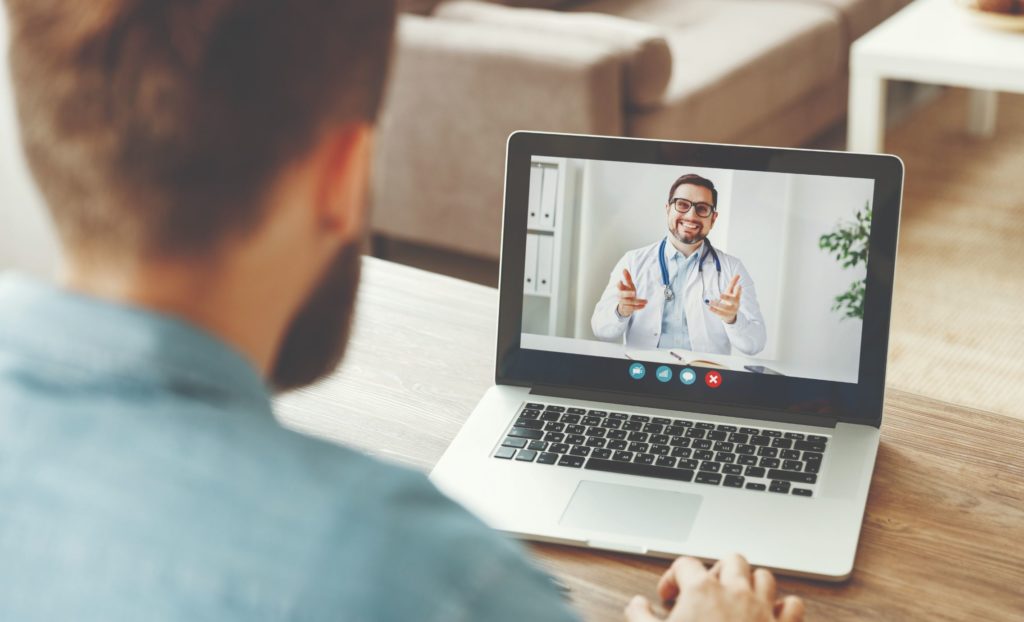
And if a positive Covid-19 test is the result, care has come a long way in just a few months. “A great deal has been learned about how to treat patients with Covid-19 infection,” says Karen Santucci, MD, chief medical officer of Greenwich Hospital who has years of experience as an emergency room attending physician, including during the Covid-19 pandemic. “For patients who are ill, we have treatment guidelines across our Yale New Haven Health System and all of the delivery networks (of which Greenwich Hospital is one) that delineate everything from positioning of the patient if ventilator support should be necessary, to oxygen therapy, to intravenous medication administration.”
A Safe Environment
To ensure patients feel comfortable coming for routine exams, medical facilities throughout our area have taken great pains to include added protections for health. Socially distant waiting rooms, mask compliance, good handwashing habits and wiping down surfaces with cleaning agents throughout the day were already practiced in many facilities and are even more stringently adhered to today. If waiting rooms cannot keep patients six feet apart, many offices have you wait in your car.
“We have turned people away who refuse to wear a mask,” says Orlinick of Norwalk Hospital. “We view it as a safety concern. The mask is for protecting people other than yourself.”
Those entering Norwalk Hospital, for example, are screened with a series of questions and a temperature check—and if you’re staying at the hospital, you will receive a Covid test. “We don’t know if this person is carrying coronavirus. Everybody gets tested,” says Orlinick. “If I see a patient up in the hospital, they’ve all been tested for Covid.” Patients are tested within 72 hours of coming to the hospital.
Greenwich Hospital has a testing tent where physicians can refer patients for a Covid-19 test, with the call line managed by health personnel. The emergency department has a greeter and protective services officer at the valet entrance to the ED to help guide patients through triage, says Santucci. Patients maintain a six-foot distance as they approach triage and, whenever possible, are expedited to a treatment room as quickly as possible. They keep doors closed and have removed any extraneous furniture to facilitate thorough cleaning of rooms between patients. Family members and visitors are limited or restricted based on established hospital guidelines. “The ED staff is very comfortable now with PPE, which protects both the patient and staff member,” explains Santucci. “No one should ever delay seeking emergency medical care— Greenwich Hospital is prepared and has taken the appropriate precautions to keep you safe.”
At White Plains Hospital, appointments are spaced out to make sure there are lim- ited patients in the waiting room and exam room at any given time. Patients are screened and given a temperature check before they are allowed to enter the build- ing and they must wear a mask. All patient spaces are disinfected between visits and appropriate PPE is worn by all staff and providers to ensure patients’ safety.
The good news is doctors are finally see- ing patients returning to a focus on self- care. “In the more recent weeks and month, I see people starting to get back on track with their health,” affirms Lovig. “They realize that this health crisis is not a short sprint but a marathon, and that it’s important to get back on track with their wellbeing.”
Our Experts

KAY LOVIG, MD
Endocrinologist at White Plains Hospital Physician Associates
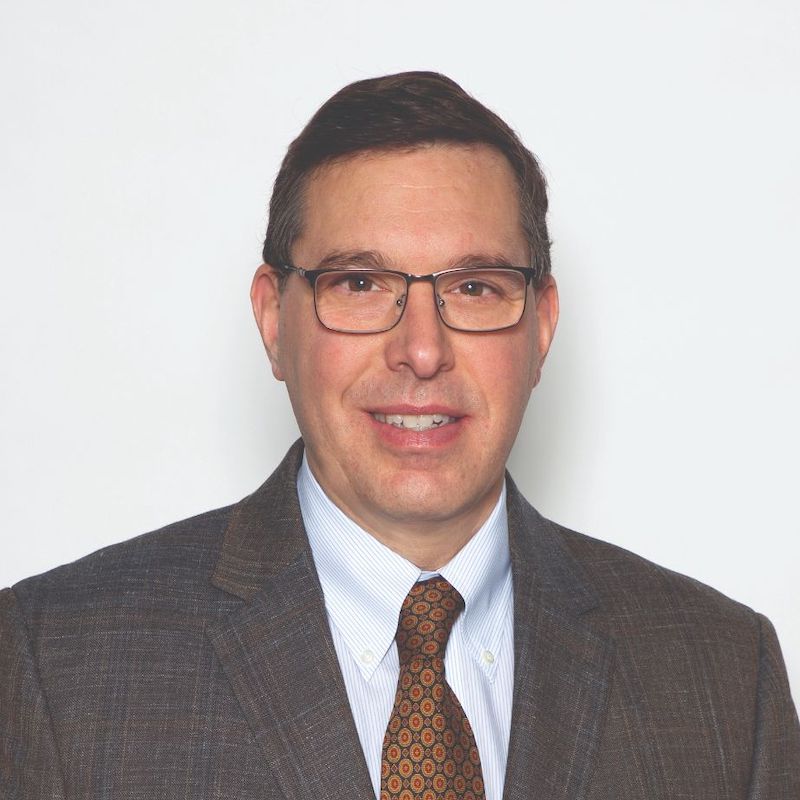
JASON ORLINICK, MD, PHD
Vice president of medical affairs and chair of the department of medicine at Norwalk Hospital
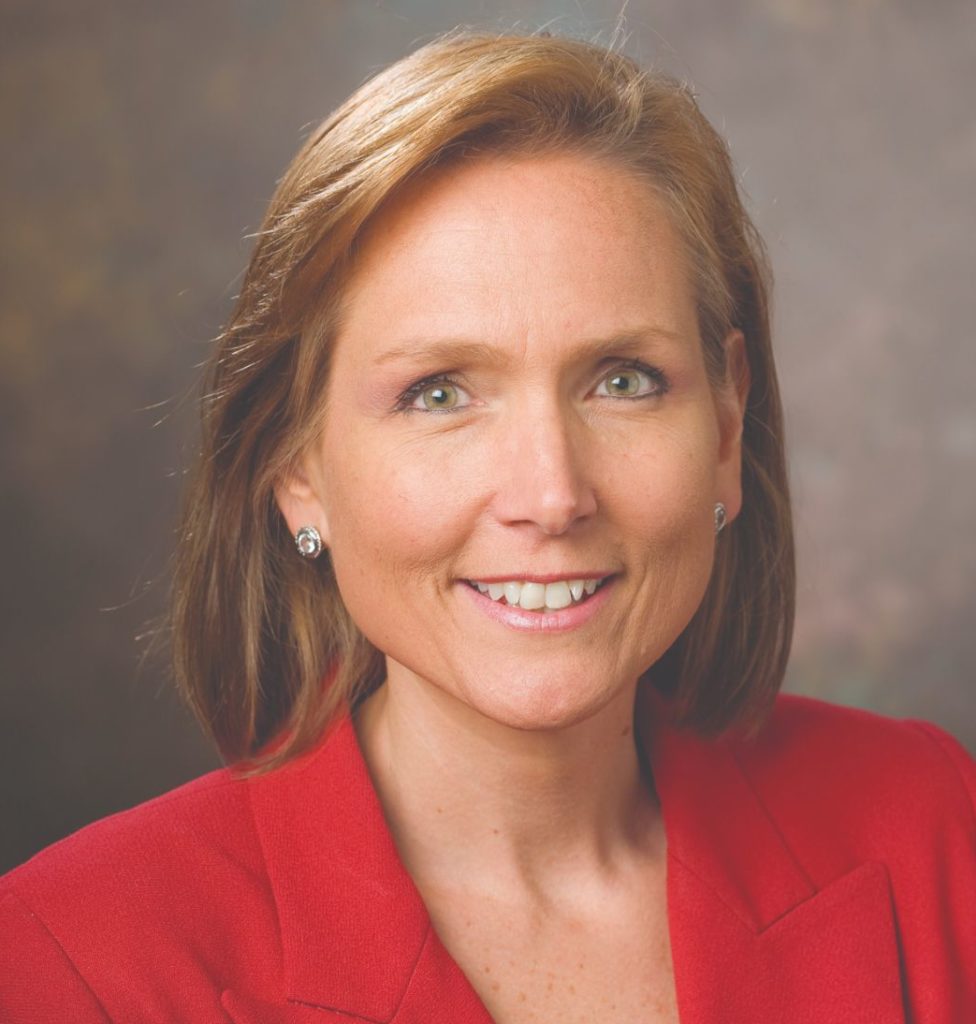
KAREN SANTUCCI, MD
Chief medical officer of Greenwich Hospital
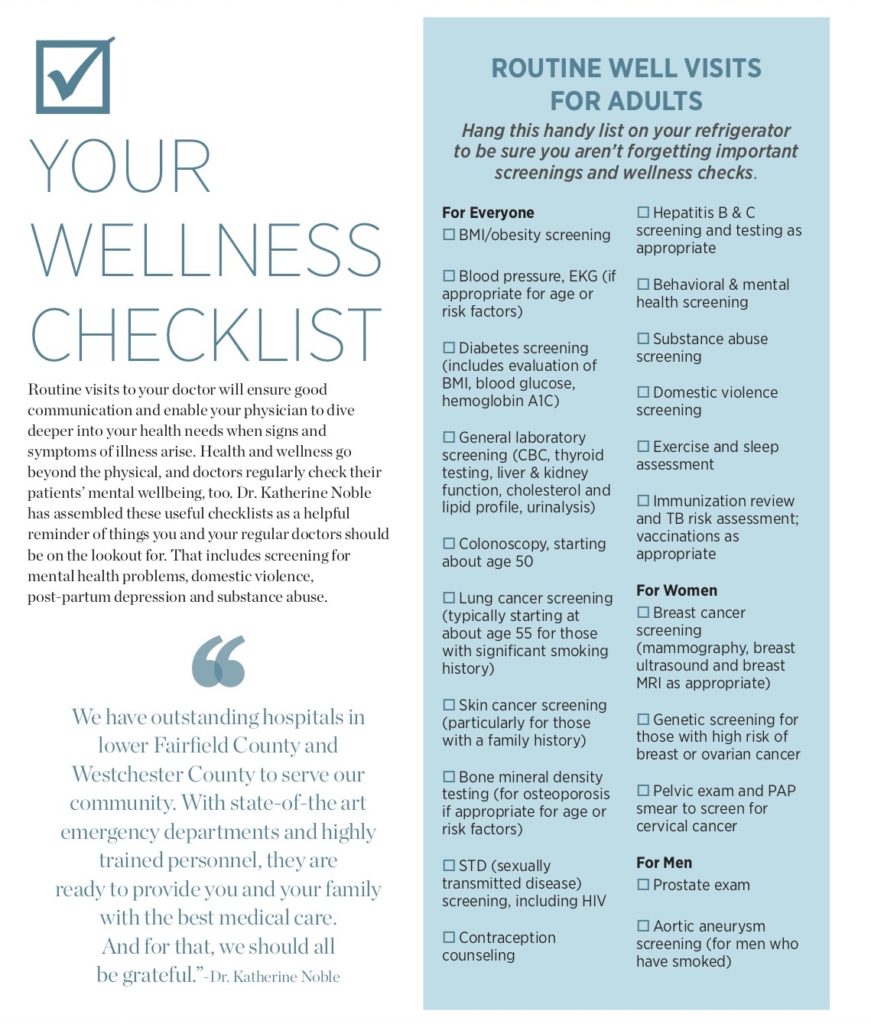
12 Signs & Symptoms
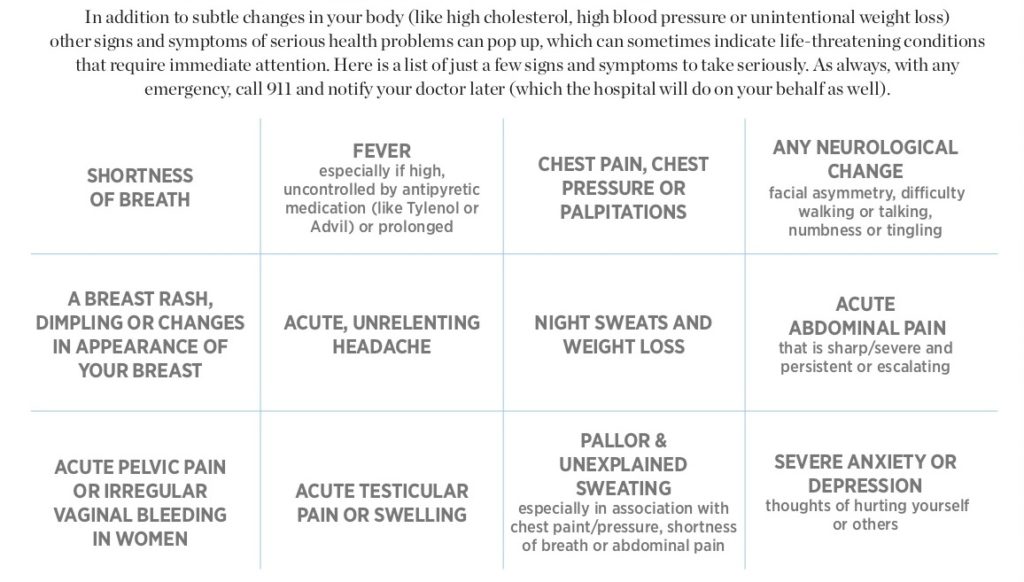
Health Living Story by Dr. Katherine Noble & Kristan Zimmer




